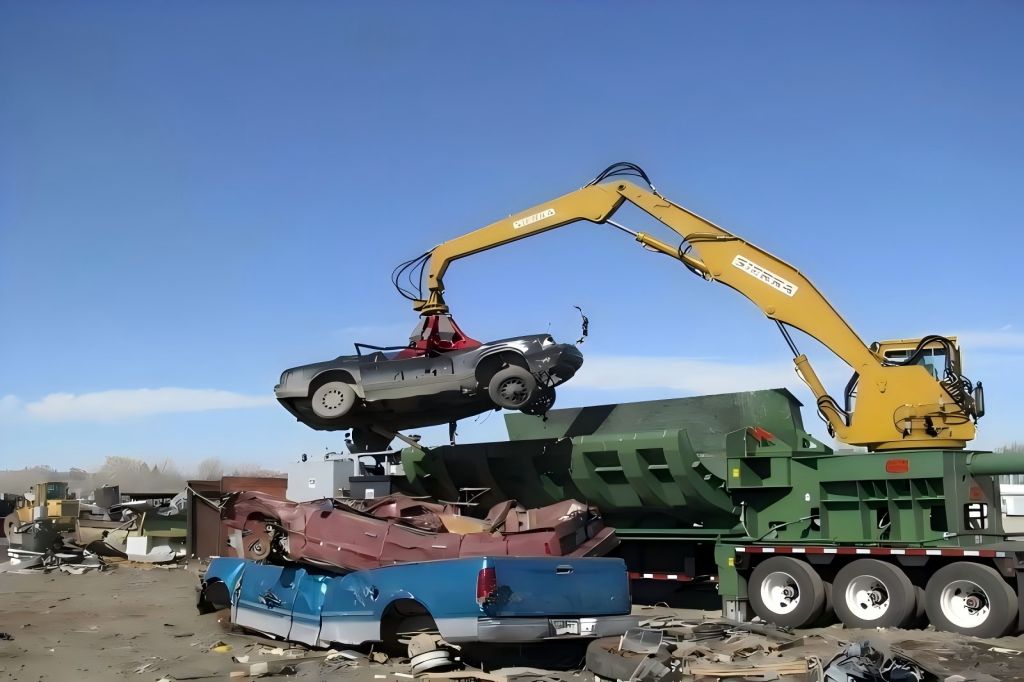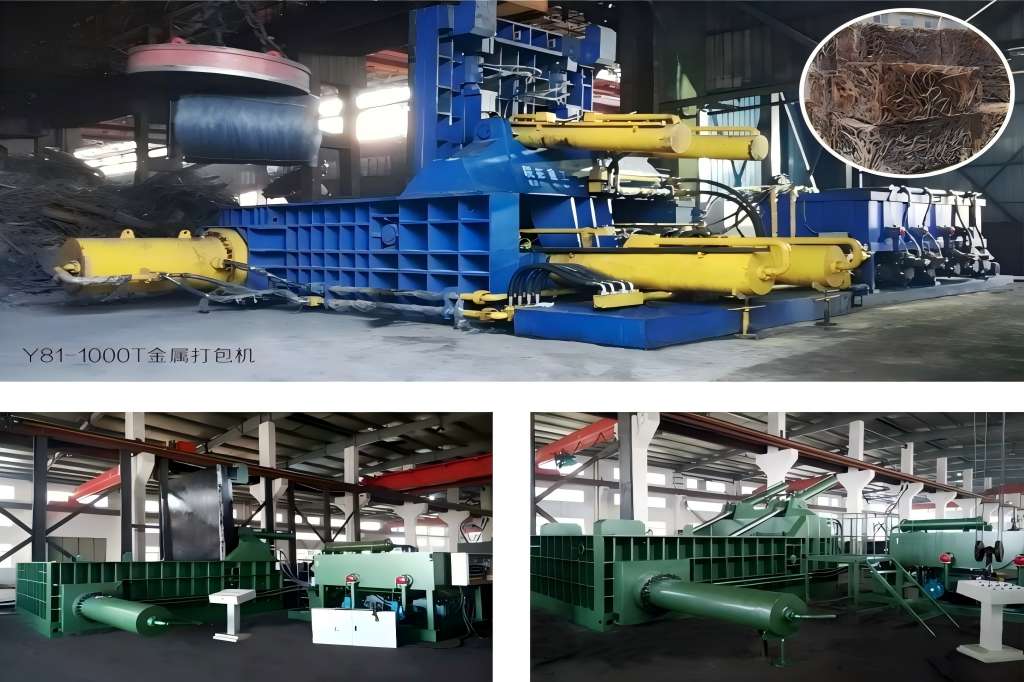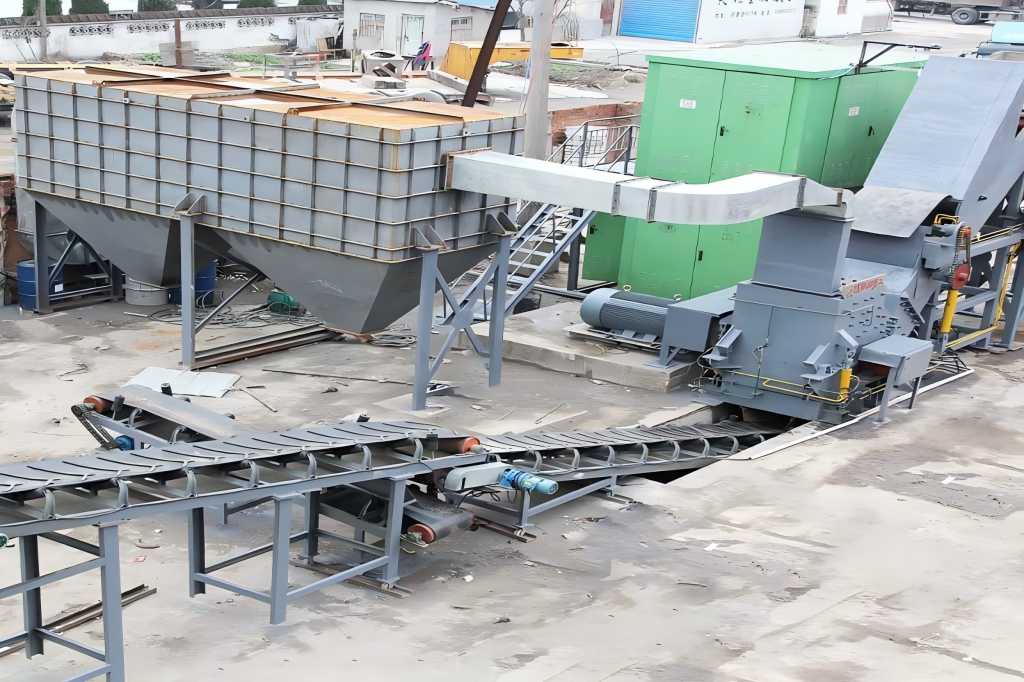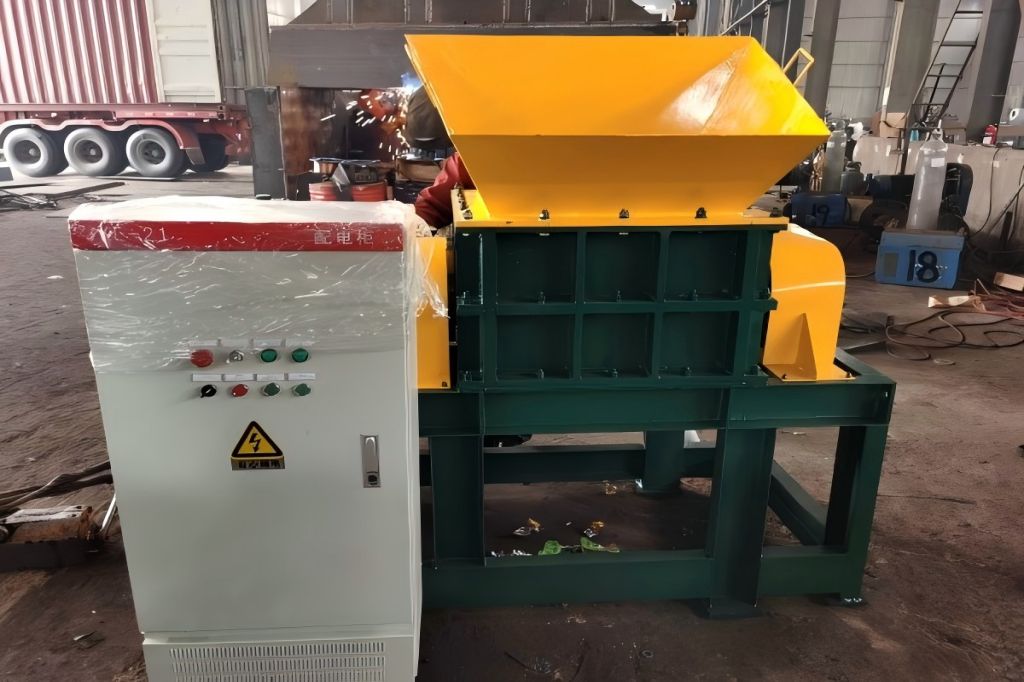Southeast Asia is rapidly emerging as a significant player in the global car baler market, with countries in the region increasingly adopting advanced recycling technologies to meet environmental regulations and boost economic efficiency.
The rising concern over automotive waste and the need for sustainable practices are driving the demand for car balers, machines used to compress end-of-life vehicles (ELVs) into compact bales for easy transport and recycling.
The Growing Demand for Car Balers in Southeast Asia
The Southeast Asian region, comprising nations such as Thailand, Vietnam, Indonesia, Malaysia, and the Philippines, is experiencing a boom in the automotive industry. This surge in vehicle production has consequently led to an increase in automotive waste, creating a pressing need for efficient recycling solutions. The adoption of car balers, which are designed to safely and efficiently dismantle old vehicles, is seen as a key solution to managing these growing waste streams.
According to the latest market research report by Market Insights Asia, the car baler market in Southeast Asia is expected to grow at a compound annual growth rate (CAGR) of 8.5% between 2024 and 2030. The market was valued at approximately $42.7 million in 2023 and is projected to reach $80.1 million by the end of the forecast period.
Key Drivers of Market Growth
Several factors are contributing to the growth of the car baler market in Southeast Asia, including:
- Government Regulations and Environmental Policies: As environmental concerns mount, governments in Southeast Asia are enacting stricter policies to promote recycling and reduce automotive waste. In countries like Thailand and Malaysia, new recycling laws are pushing automotive manufacturers and scrap yards to adopt more efficient recycling technologies.
- Technological Advancements: The development of advanced car balers that feature automation, AI integration, and improved safety mechanisms has made these machines more efficient and safer for operators. Features like reduced energy consumption, increased operational capacity, and enhanced safety systems are driving the demand for modern car balers.
- Automobile Industry Growth: One of the world’s major centers for automobile manufacture is Southeast Asia. With a growing fleet of vehicles, there is a rising need to manage the end-of-life disposal of cars. The adoption of car balers helps streamline the process by reducing the size of scrap materials, allowing for easier handling and transport.
- Growing knowledge of Sustainability and Recycling: In Southeast Asia, there has been a notable increase in public knowledge of sustainability and recycling. As consumers and businesses alike focus more on reducing their carbon footprint, the demand for efficient recycling solutions such as car balers is set to grow.
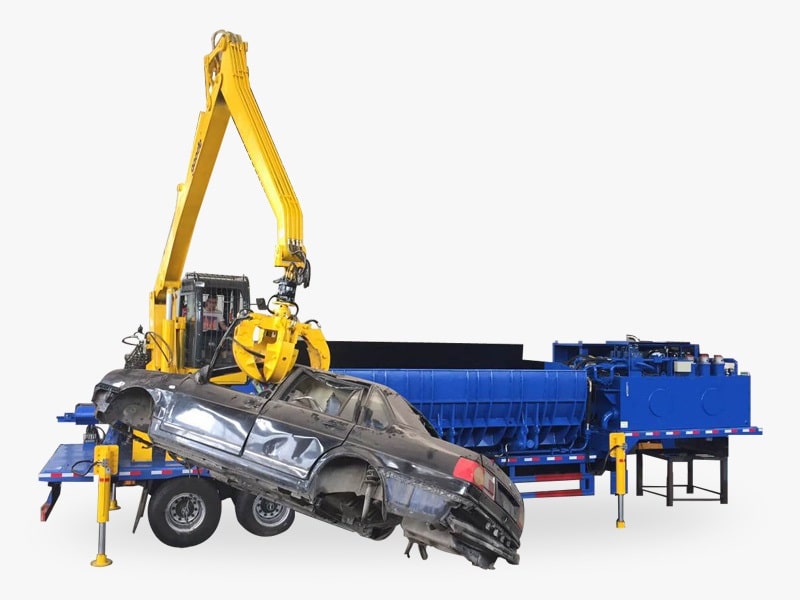
Market Segmentation: Types of Car Balers
Car balers are typically categorized into different types based on their design, functionality, and applications. The main types of car balers in Southeast Asia are:
- Hydraulic Car Balers: These balers are powered by hydraulic systems and are commonly used in scrap yards. They can compress enormous amounts of material with little energy usage and give excellent efficiency. The hydraulic car baler segment holds the largest market share in Southeast Asia, driven by its widespread use in scrap metal recycling.
- Mechanical Car Balers: Mechanical balers use a system of gears, levers, and pulleys to apply pressure to the vehicle. Although less common than hydraulic balers, mechanical car balers are cost-effective and are often used in smaller recycling facilities.
- Automated Car Balers: With the rise of Industry 4.0, automated car balers are gaining traction in Southeast Asia. These machines use robotics, artificial intelligence, and machine learning algorithms to optimize the baling process, improving both speed and accuracy.
Regional Insights: Country-wise Adoption
The adoption of car balers in Southeast Asia varies by country, with some nations leading the charge in implementing advanced recycling technologies. Here’s a closer look at the adoption trends across key markets:
Thailand
One of Southeast Asia’s top markets for auto balers is Thailand. The country’s government has put in place stringent regulations to promote recycling, and as a result, Thai scrap yards and recycling companies are increasingly adopting modern car balers. Over the next six years, the Thai car baler market is anticipated to expand at a CAGR of 9.2%.
Vietnam
Vietnam is another fast-growing market for car balers, driven by the country’s expanding automotive industry. Car ownership has surged, leading to a rise in automotive waste. The Vietnamese government is also offering incentives for businesses to adopt green technologies, including car balers. It is anticipated that the Vietnamese market will grow at a CAGR of 7.8%.
Indonesia
Indonesia, the largest economy in Southeast Asia, is seeing a growing interest in car balers as the government pushes for stricter waste management policies. While the adoption of recycling technologies has been slower compared to Thailand and Vietnam, Indonesia is catching up rapidly. The Indonesian market for car balers is expected to grow at a CAGR of 6.5%.
Malaysia
Malaysia has a well-established recycling infrastructure, and the adoption of car balers is in full swing. The government’s “Zero Waste” policy, which aims to reduce landfill waste by 40% by 2030, is also driving demand for car balers. According to projections, the Malaysian market would expand at a CAGR of 8.0%.
Table: Southeast Asia Car Baler Market Forecast (2024-2030)
| Country | 2023 Market Size (Million $) | Projected Market Size (Million $) | CAGR (2024-2030) |
| Thailand | 12.5 | 25.0 | 9.2% |
| Vietnam | 8.3 | 15.0 | 7.8% |
| Indonesia | 10.0 | 18.0 | 6.5% |
| Malaysia | 6.8 | 12.5 | 8.0% |
| Philippines | 5.0 | 10.0 | 7.0% |
Key Players in the Southeast Asia Car Baler Market
Several prominent players dominate the car baler market in Southeast Asia. These include both global and regional manufacturers, each striving to innovate and provide solutions tailored to the specific needs of the region.
- Unite Top: A leading regional manufacturer of durable, energy-efficient car balers, Unite Top is renowned for its user-friendly machines and high compression capacity, making it a trusted choice in Southeast Asia.
- SRS International: Known for its advanced hydraulic car balers and extensive network in Southeast Asia.
- Harris Equipment: A major manufacturer of automated balers, Harris is expanding its footprint in Southeast Asia as demand for automation grows.
- HSM GmbH: HSM provides a wide range of baling equipment, including car balers, and has been actively working to expand its market share in Southeast Asia.
The Southeast Asian Automobile Baler Market’s Future
As the nations in the region continue to adopt more environmentally friendly methods, the Southeast Asian auto baler market is expected to grow significantly. Automation and artificial intelligence (AI) integration are two examples of innovations in baler technology that are predicted to revolutionize the sector. With increasing support from governments and private businesses, the region is on track to become a global hub for automotive recycling.

